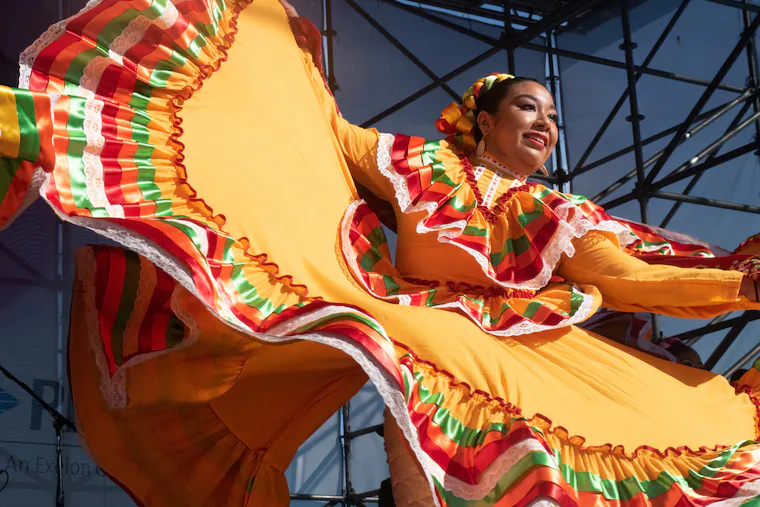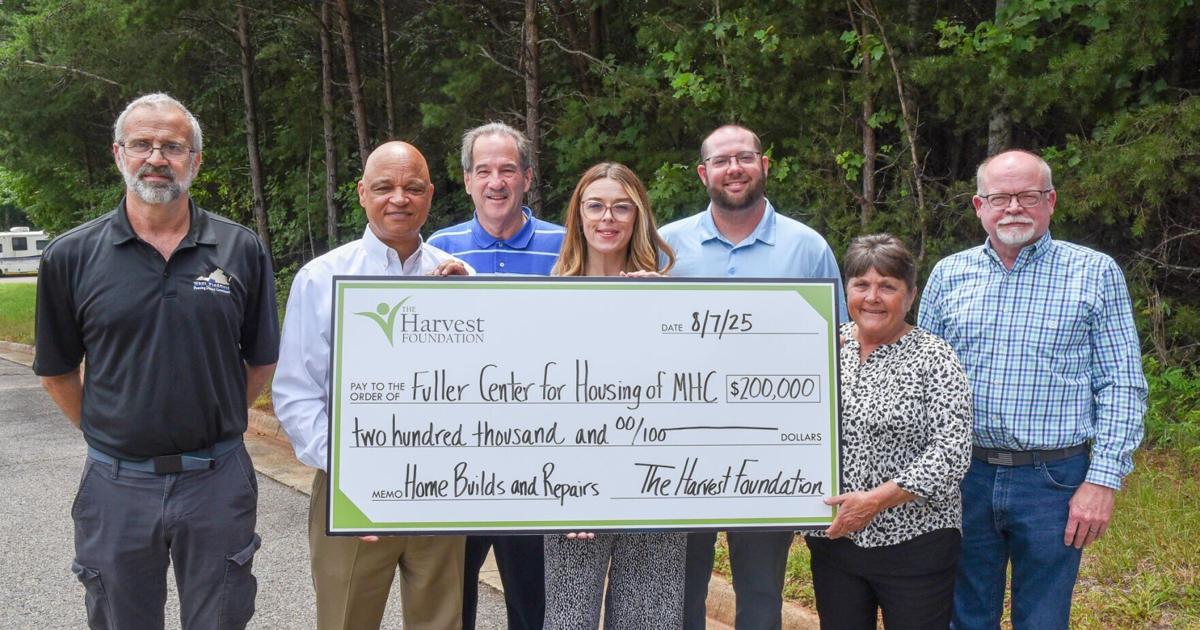
Another Hispanic Heritage Month is upon us, and — for this Latina at least — it brings with it more than the usual set of mixed emotions.
Every year, I struggle to reconcile the satisfaction that comes from people publicly acknowledging a few of the cultural, civic, and intellectual contributions Latinos have made to the United States with eye-rolling irritation prompted by the kind of promos and marketing that might make you think the month was about piñatas and taco-and-margarita specials.
And this year, given the harms the Trump administration has inflicted on Latino communities — not only immigration-related, but actions to make healthcare and education less accessible and affordable, and tariffs that have driven up the cost of everyday items like coffee and bananas — it is much harder than usual to feel celebratory.
Still, the always-splendid Mexican Independence Day Festival took place last weekend at Penn’s Landing. I’ve long loved the festival’s energy — its mix of unabashed joy and tender familiarity, the prevalence of Spanish spoken freely in dozens of regional accents, the artistry and attention evident in the planning and execution of the event. Later this month, the city’s Puerto Rican Day Parade will share the same spirit, sounds, and exuberant conviviality.
But underpinning any public gathering of Latinos now is the specter of U.S. Immigration and Customs Enforcement, and the ruthless actions its agents have taken to arrest and detain anyone they suspect of having an irregular immigration status. Which quite often means people who look Latino, sound Latino, have working-class jobs associated with Latinos, or congregate in places associated with Latinos.
Stunningly, in a ruling earlier this month, the Supreme Court of the United States lent its imprimatur to this racialized profiling by ICE. It was up to SCOTUS’s sole Latina, Sonia Sotomayor — who has increasingly served as the court’s conscience along with Ketanji Brown Jackson — to spell it out clearly in her dissent:
Sotomayor gives voice to the alarm many Latinos feel for themselves or for those they know as the administration escalates its immigration crackdown, conducting unconstitutional, politically motivated, and increasingly lethal raids on people with no criminal history, and irrespective of whether they are lawfully present or U.S. citizens.
Even in Hazleton, Pa. — a Latino-majority city in Luzerne County that supported Donald Trump during the election, and where Latino support for the president still runs deep — residents object to “the deportation or arrests of hardworking, noncriminal, undocumented immigrants, though they have yet to see much aggressive enforcement in their hometown,” according to recent reporting from The Inquirer.
Much has been written, since Trump’s election, about the number of Latinos who supported him even as he relentlessly demonized immigrants. Not all immigrants are Latino, of course, and not all Latinos are immigrants (Hispanic Heritage Month factoid: 34% of Latinos in the U.S. are second generation, and 28% are third generation or higher), and many Trump-supporting Latinos interviewed after the elections asserted that their vote wasn’t about immigration, per se, but about a better economy. (How’s that going for you, mi gente?)
Others admitted that their vote reflected their resentment of newer immigrants and asylum-seekers. This is nothing new — there is an unfortunately long history of anti-immigrant sentiment within the U.S. Latino population (also a long history of classism, colorism, and racism, but that’s fodder for a different column).
But the Trump administration and the GOP’s rancid characterization of immigrants and immigration has real-world effects for Latinos, immigrant or not; immigrant-supporting or not.
Anti-Latino hate crimes in the U.S. have surged in 2025, and while none of them has attained the notoriety of the 2008 beating deaths of Luis Ramirez in Shenandoah, Pa., and Marcelo Lucero in Patchogue, N.Y., it is a troubling trend.
Most U.S. Latinos I know carry a passport with them these days, in case they are racially profiled and stopped by ICE. Many of us — yes, even U.S. citizens — have had that talk with family members about what to do if we are detained and deported to the country of our heritage, or, God forbid, to some third country. We’re more cautious than before, and are suddenly at pains to make sure everyone knows we are U.S. citizens or green-card holders when we casually mention our upbringings elsewhere.
In advance of the Mexican Independence Day Festival, I was speaking with a Mexican acquaintance who has long been a vendor at the event but wasn’t slated for participation this year. I asked him if he thought people would stay away from the festival, given the current political climate.
“People are afraid,” he replied, “and also the bad economy [will have an effect]. But definitely, it’s the concerns about immigration which most impact us. People are scared to go out. I’ve heard it personally from the people who work with me. And add to it the element of uncertainty …”
Another Mexican friend was more hopeful. “It’s a more than 30-year-old event,” he told me. “I am sure lots of people will participate, as they do every year.”
And it turns out, he was right; thousands of people showed up.
And perhaps that’s the reason to celebrate Hispanic Heritage Month this year without any of my usual mixed emotions. Show up. Show out. Share joy and community even — or maybe especially — in these grim times.



